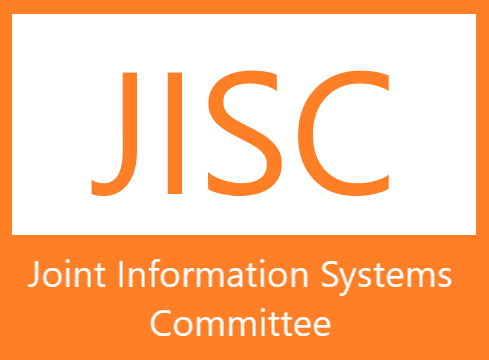Abstract
Background: Successful plans in disaster and epidemics management depend on the feedback response and the assessment of knowledge, attitudes, and practices among the target population. This study aims to assess the knowledge, attitude, and practice towards COVID-19 among Libyan people.
Methods: A cross-sectional web-based survey designed to assess the knowledge, attitude, and practice towards COVID-19 among the Libyan people from 13-20 October 2020. A self-administered questionnaire was recruited to collect the data of 287 participants. SPSS version 16.0 was used to analyze the data using univariate and multivariable regression data analyses.
Results: More than half of respondents were males (53.7%), married (61.3%), aged less than 45 years old, highly educated (46.3%), employed (44.6%), urban resident(79.8%), experience good or very good health (71.1%) and earned more than USD 200 monthly (84.3.%). The participants showed a high rate of good knowledge (81.0%), attitude (71.1%), and practice (83.7%) towards COVID-19, respectively. Regression analysis showed that married (P=0.056), female (P=0.037), living in the urban regions (P<0.001) with good income of more than USD 2020 (P=0.001) were significantly associated with upper knowledge score. Females (P=0.040) were more significantly associated with positive attitude scores than males. Regarding practice score, married (P=0.001), females (P=0.059) had better practice, but poor-rated health status (P=0.018) was significantly associated with the weak practice.
Conclusion: The distinction of urban regions with good knowledge, optimistic attitudes, and acceptable practices towards COVID-19 determines the government's action compass towards more interest in supporting males, unhealthy, and those living in the rural areas with accurate and timely knowledge.













